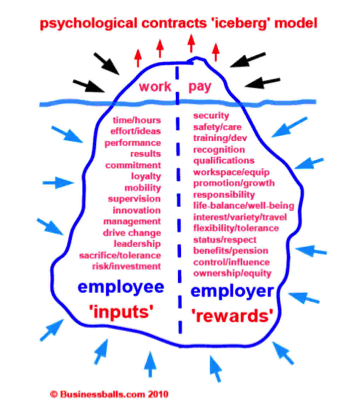Ignorance is This!
There is a clear and present phenomenon I have observed in organisations, particularly prevalent in larger / corporate environments.
Senior Managers (those who operate with a high degree of internal political power) decide that they no longer wish to work with an individual; they either want to exit them from the business, they no longer wish to deal with them personally or they have simply discounted their perceived value or relevance. Many will simply ‘ignore’ the individual, providing no feedback, no explanation and no opportunity for the person concerned to understand or respond. I call it the ‘Clean Hands – Dirty Conscience Syndrome’.
It’s not big and it’s not clever but it does happen, more often than you might think. In my view this is symptomatic of a few key underlying problems at the top of many organisations: In some cases it is because the Senior Manager has little or no confidence in their ability to manage people, particularly difficult conversations or conflict. Instead of facing into it they choose instead to avoid, make excuses or use other people to deal with the situation. Worst of all cases, sometimes the hope is that the individual will get the message and leave of their own accord.
In other cases it speaks to the prevalent organisational culture. If people are not particularly valued, recognised, rewarded and developed, it can lead to a barren landscape to live in as a colleague. Genuine feedback is rare and time to talk about personal performance is non existent. These environments are often based on fear and the expectation is to deliver at any cost and do what you’re told. Bullies can thrive here and there are usually other long term performance issues, e.g. high churn rate, sickness or overpaying to compensate people for a lack of genuine care and engagement.
When promoting people into positions of power, an assessment of skill and values centred on people management is a vital ingredient that all organisations should adopt in some form or another. For victims of ‘Clean Hands Syndrome’ it’s important to keep the moral high ground and not retaliate or lower your own standards. Seek objective counsel and when ready provide feedback to your organisation / line manager. For serious cases it’s a good idea to keep a record especially if 1:1s are cancelled and goals / objective setting is never made clear.
HR and non Executives should play an important part here to call this out or prevent it. External and objective assessments and diagnostics can have a role too. Until someone gets their hands dirty, someone and something is going to suffer.
Steve Bernard e: steve@connectwell.co.uk – Director







